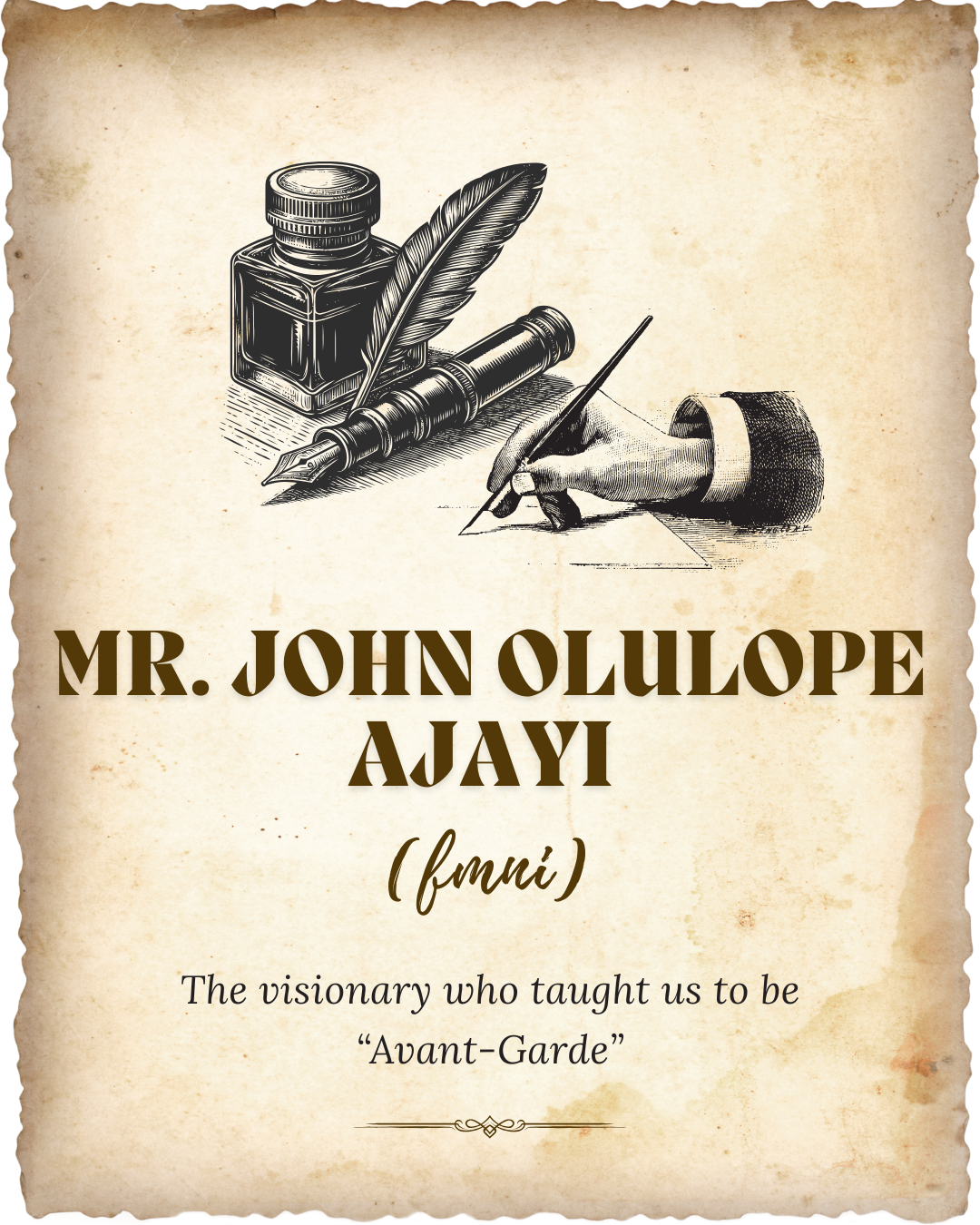Marketers must look beyond dashboards and see the human truths hidden within data if they hope to build brand experiences that last.
This was the core message delivered by Feyi Olubodun, Founder of Open Square Africa, and author of The Villager, at the just concluded Experiential Marketers Association of Nigeria (EXMAN) Brand Experience Summit held in Lagos.
He urged marketers to look past raw data and uncover the human stories within, challenging them to create brand experiences that truly resonate
Themed “Personalization and Scale: From Insights to Impact in a Data-Driven, Immersive World,” the summit gathered industry professionals to explore how brands can turn data into powerful storytelling and genuine consumer connection.
Data Alone Is Not Enough
The respected brand thinker warned that the marketing industry often mistakes data collection for insight, and insight for action.
While businesses today are surrounded by data from location services to consumer spending patterns few succeed in translating those numbers into real intelligence.
“Data itself is raw information,” he explained. “Intelligence is the interpretation of that data into something meaningful.
The challenge is not data scarcity, but our inability to see the people behind the numbers.”
He illustrated this gap with everyday examples such as banks and service providers that gather extensive data on user habits but fail to offer even basic personalization.
He made such as reminders for school fees or tailored product offers.
The Need for Strategic Intentionality
According to Olubodun, brands hoping to become more than commodities must act with strategic intentionality.
This involves translating the brand’s core essence consistently across all touchpoints from large-scale events to everyday customer interactions.
He observed that many brands excel at creating visually stunning campaigns or live experiences, yet struggle to sustain that emotional resonance beyond the event itself.
The reason, he argued, is often a lack of alignment between brand archetype, storytelling, and data-driven insights.
“Customization lies at the confluence of deep consumer insight, brand storytelling, and cultural understanding.”
Also Olubodun urged marketers to embed these elements into their strategies to create experiences that resonate at scale.
Storytelling as a Strategic Tool
Positioning strategy itself as a form of storytelling, the marketing strategist outlined a narrative structure brands can adopt.
He said they can start by identifying tension or a central brand problem, explore the journey through data-driven insights, and lead consumers to resolution.
The industry speaker stressed that humanising data is critical.
Marketers should use personas and archetypes to make data relatable.
The industry leader affirmed that this will ensure stakeholders can picture real consumers rather than abstract figures.
Significantly, he showed how strategy drives action.
“The moment data is presented and I cannot imagine someone I know, the data has not been interpreted correctly.
Our goal is to stimulate action because strategy without action is just another presentation slide.”
The Role of Technology and Artificial Intelligence
Olubodun acknowledged that technological tools, particularly AI, can help marketers process and visualize data faster than ever before.
Today, large datasets that once took weeks to analyze can yield insights in minutes.
However, he warned against using AI without understanding its ethical and strategic implications.
Referencing a personal experience where his videos were repurposed online without consent, the speaker highlighted growing concerns over privacy, deepfakes, and content misuse.
The brand consultant also encouraged marketers to look beyond familiar industry practices to see what is coming next.
Drawing on science fiction writers like Isaac Asimov and Philip K.
Dick who predicted today’s digital realities decades ago Olubodun argued that marketers must embrace curiosity and imagination to anticipate future shifts.
Finding Patterns Beyond Trends
The author criticised the industry’s habit of chasing trends without seeking deeper cultural patterns.
For instance, noting the rise of blending traditional and Western fashion styles, he challenged marketers to ask why consumers embrace these choices and how that insight aligns with the brand’s purpose.
“Simply reacting to what is trending misses the bigger picture. We need to uncover the motivations and values driving those trends to build authentic brand stories.”
Ethics, Scalability and the Path Ahead
Olubodun concluded by calling for a more thoughtful approach to data and technology.
Beyond scalability and affordability, he stressed the need for ethical use of data to protect consumers and maintain brand trust.
In a world where daily social media uploads exceed 1.5 billion pieces of content, he argued that brands must rise above the noise by telling
stories rooted in real human experience and cultural understanding.
A Future Built on Interpretation, Not Information
In the end, Olubodun affirmed that the next decade of brand success in Africa and beyond will not be defined by who collects the most data, but by who interprets it most meaningfully.
“Data surrounds us, but it takes intelligence, creativity and empathy to turn data into stories that people care about,” he said. “It is in those stories that brands move from being seen to being felt.”
Watch
Marketing Edge ONTV






Comment
No comments found.